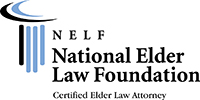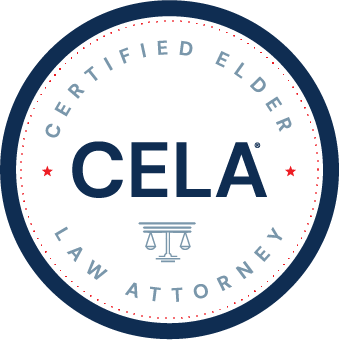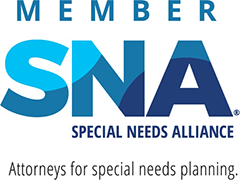By Bradley J. Frigon
We live in a technological world which is supposed to make our lives easier and more efficient. Did you ever consider what would happen to all your passwords when you pass away? How will your family and your executor gain access to all the important data needed to manage your affairs after you are gone?
Failure to make plans for online accounts or to leave behind a comprehensive list of passwords can cause unexpected hassles. Online banking accounts need to be secured and closed. Family members may want access to accounts in order to download and save any photos, writings or other digital works for posterity. Most online account terms expressly forbid the use of an account by anyone other than the account holder, and attempting to address these issues without proper instructions can be difficult.
More people conduct financial business online than ever before, creating varied passwords for all accounts. Some people never write down this information and change passwords frequently. This process might work well while someone is alive and well, but it can create havoc if the person becomes incapacitated or dies. It is more important than ever that individuals leave a list of account numbers along with the access IDs and electronic passwords. This is particularly true if a person is receiving account statements by email rather than by regular mail.
Individuals may also have photos on a website such as Facebook or Instragram that the family wants to save. It can be very difficult to impossible to access an individual's online profile and content if he or she lacks capcity or dies. The individal's power of attorney docuement, will or trust must provide speicfic authority for the agent, personal reprsentative or trustee to access their online accounts.
Individuals should review their electronic mail and financial accounts and make a list of the accounts and passwords for their own use. The list should be stored in a safe place, and they should also ensure that their family members know how to access the list in the event of their death or incapacity.
It is increasingly difficult to make it through life without leaving an online trail of emails, accounts, and passwords. These assets need to be addressed in an estate plan in order to protect your privacy and the privacy of your family, friends, and business associates. Gathering information about accounts and passwords and indicating what should be done with them upon your death will ease the burden on family members and protect important online assets.
Learn more
Learn more by browsing our estate planning articles.
Call (720) 200-4025 now or email us to find out how our attorneys can advise you on your estate planning.












